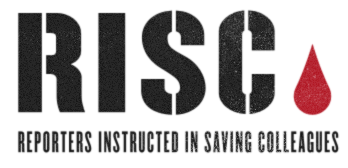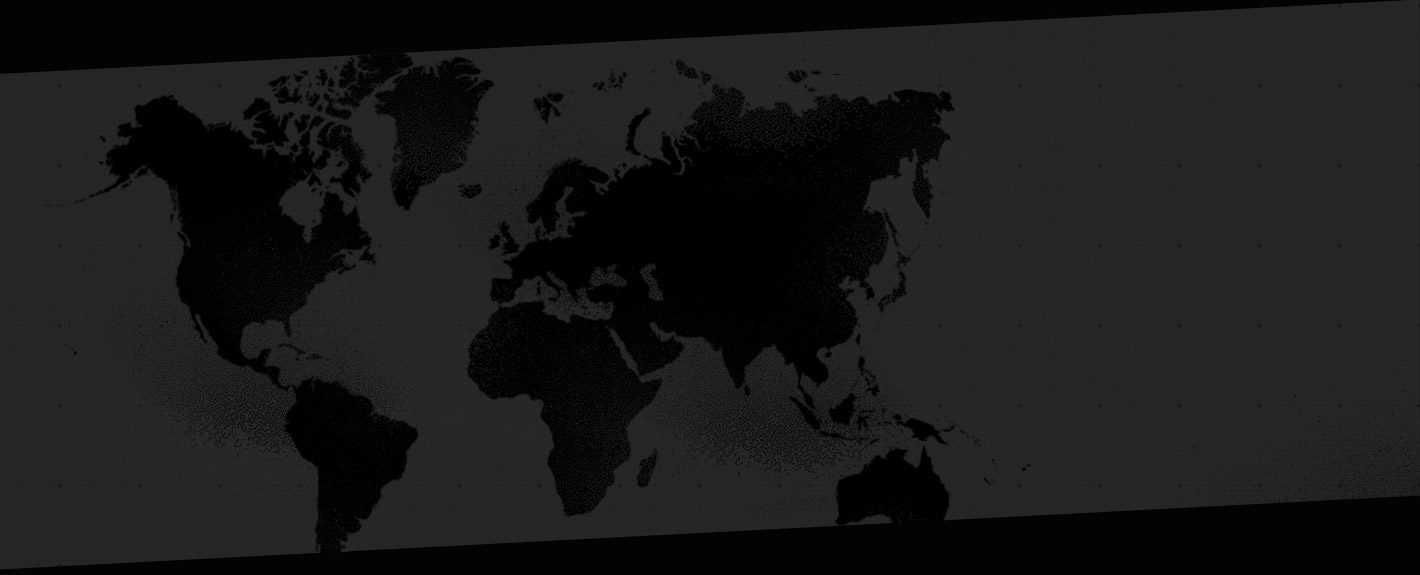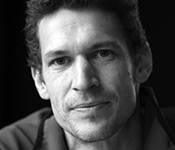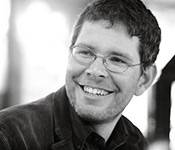 Photo By Balazs Gardi
Photo By Balazs Gardi
We train and equip freelance journalists in all media to treat life-threatening injuries on the battlefield. Freelancers comprise the vast majority of those who cover wars, and consequently make up the vast majority of deaths and injuries. Surviving a gunshot or shrapnel wound is often a matter of doing the right thing in the first few minutes, and our training focuses on that brief, critical period of time. It is our hope to make first aid training the industry norm - like having a flak jacket or sat phone - and to prevent unnecessary deaths in a job that is so vital to human dignity and human rights.
RISC trainings are provided free of cost to experienced, published freelance conflict journalists. While staff reporters are often provided training by their employers, freelancers have to pay thousands of dollars out of pocket to participate in traditional hostile environment courses – and most simply cannot afford to. Please consider making a donation to help RISC train more independent journalists around the world.
In response to the increased dangers facing journalists, RISC expanded its program in 2018 to address additional threats. We remain committed to our effective, comprehensive first aid model and have added a two-day security component. Topics will vary according to regional relevance and include things like: creating a safety plan, vehicle and checkpoint procedures, covering protests and riots, surveillance detection/evasion, digital best practices, etc.
Our mission is to save lives, and we believe crisis prevention – to the extent this is possible – must be addressed.
As one of the only non-profit organizations providing free medical training to freelance journalists in war zones, RISC is in a unique position to offer an unbiased perspective on issues relating to journalist safety and preparation. Since our first course three years ago, we have trained and equipped almost 200 experienced freelance war reporters. We have nothing to gain, monetarily, from the courses we give, so we are free to speak our mind without fear of political or financial consequences.
During the siege of Misrata by Colonel Gaddafi’s forces in April 2011, a single mortar shell landed on the frontlines of Tripoli Street and changed journalism – and my life – forever. In addition to killing and wounding many Libyan fighters, an American photojournalist named Chris Hondros was mortally wounded, and my good friend and colleague, Tim Hetherington, was hit by shrapnel in the groin.
Tim’s wound did not have to be fatal, but it killed him nevertheless. His femoral artery had been cut, and although that is an extremely serious injury, there are things that can be done to prolong life. Unfortunately, none of the journalists or rebels around him knew what to do, and Tim bled out and died in the back of a pickup truck on the way to the Misrata hospital. Tim is not the first friend I have lost in combat, but his death was certainly the most devastating. It prompted me to start a medical training program for freelance and local journalists so that the next tragedy can be averted. Our course is modeled after informal training that Tim and I received in Afghanistan and is taught by experienced medics, many with extensive combat experience.
The course lasts four days and covers basic procedures for saving someone’s life on the battlefield: clearing air passageways, stopping or slowing bleeding from wounds, stopping air leakage into the chest cavity from a chest wound and transporting the injured person to a medical facility.
Each graduate receives a custom medical kit and is expected to keep it on their person at all times while in a conflict zone. Our courses are held around the world and all costs are born by charitable donations. Journalists only pay their own travel and food expenses.
It is my hope that soon, first aid training and preparedness will be the industry norm, like having a flak jacket and helmet. It is only a matter of time until another journalist receives a wound like Tim’s, and I want to do everything I can to spare others what his friends and family endured. If you are a working journalist who would like more information on our next training session, please apply on this website and we will be in touch with you. And if you wish to make a charitable contribution to support RISC's work, please click on our “donate now” button. Thank You.











Tim Hetherington
December 5, 1970 - April 20, 2011
© Matt Stuart

Matthew Power
RISC April 2012
October 22, 1974 - March 10, 2014
© Amber Hunt

James Foley
RISC April 2012
October 18, 1973 - August 19, 2014
© Manu Brabo

Jeroen Oerlemans
RISC June 2013
May, 15 1970 – October 2, 2016
© Sander Nieuwenhuys